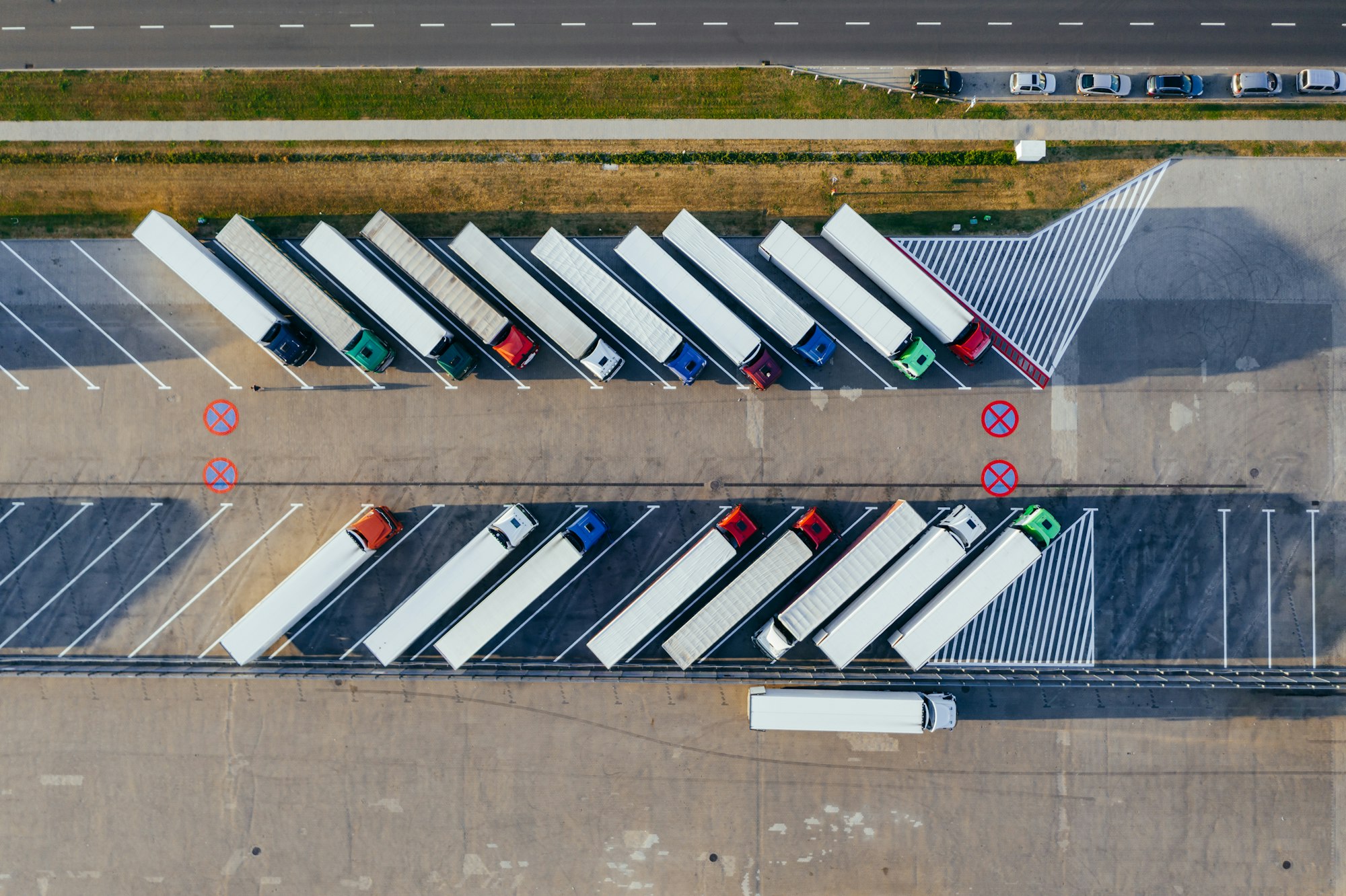US Reviewing Trade Sanctions to Tackle China Supply Chain Threats

White House trade chief Katherine Tai is considering reintroducing some Trump-era tariffs on Chinese imports to combat threats posed by China's trade and economic policies. Tai will address lawmakers about these concerns, focusing on dependencies and vulnerabilities in multiple sectors that harm American workers and businesses. The Biden administration is reviewing China's policies and supply chain risks, aiming to reduce dependence on China and diversifying sources of supply.
Source: Link
FAQs on US Reviewing Trade Sanctions to Tackle China Supply Chain Threats - Asia Financial
FAQs on US Reviewing Trade Sanctions to Tackle China Supply Chain Threats - Asia Financial
FAQs: Addressing China Supply Chain Threats through US Trade Sanctions
- What is the Uyghur Forced Labor Prevention Act (UFLPA)?
Answer: The UFLPA is a US law aimed at preventing goods made with forced labor in the Xinjiang Uyghur Autonomous Region of China from entering the US market. It allows US Customs and Border Protection (CBP) to detain shipments suspected of containing such goods. More information can be found at the UFLPA page on the CBP website. - Can trade sanctions address supply chain vulnerabilities?
Answer: Trade sanctions can be used as a means to address supply chain vulnerabilities by restricting imports from specific regions or entities that threaten economic and national security. For instance, the Biden-Harris Administration's supply chain disruptions task force aims to address such vulnerabilities, including those related to China. - Who enforces US trade sanctions?
Answer: The Office of Foreign Assets Control (OFAC) within the US Department of the Treasury administers and enforces economic and trade sanctions. Their mission includes addressing threats to national security, foreign policy, and the economy. - Are US financial institutions allowed to engage with sanctioned countries like Iran?
Answer: US financial institutions are subject to the Iranian Transactions and Sanctions Regulations and may have limited authorizations under certain circumstances. It is advisable to consult the OFAC Consolidated FAQs or visit the OFAC website for specific details on permissible activities. - How can businesses ensure compliance with trade sanctions concerning their supply chains?
Answer: Businesses should exercise due diligence and reasonable care with respect to their supply chains. This includes being aware of risks presented by trade with sanctioned countries or entities and ensuring no involvement with forced labor, as mandated by acts like the UFLPA. - Is there an agency that provides guidelines on export controls and trade sanctions?
Answer: Yes, the US Department of Commerce's Bureau of Industry and Security (BIS) provides policy guidance and FAQs on export controls. This can help businesses understand limitations on exporting items to sanctioned countries or regions. - What is the US's stance on solar photovoltaics and supply chain security?
Answer: The US Department of Energy has conducted a Solar Photovoltaics Supply Chain Review Report to address the security of the solar energy supply chain, which is indicative of the wider attention given to various industry supply chains and their exposure to potential threats through foreign dependencies.
Please note that for detailed and up-to-date information, especially regarding specific regulatory or legal advice, it's important to consult the relevant government websites or legal professionals.

